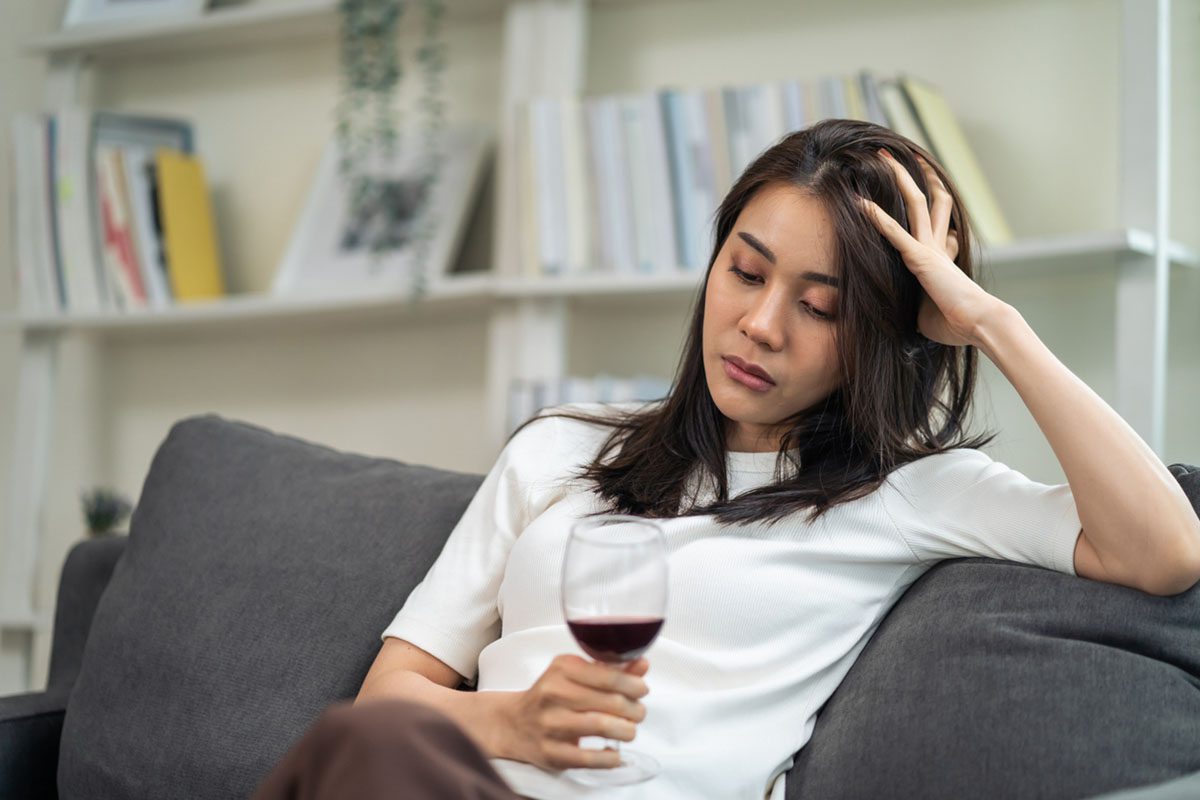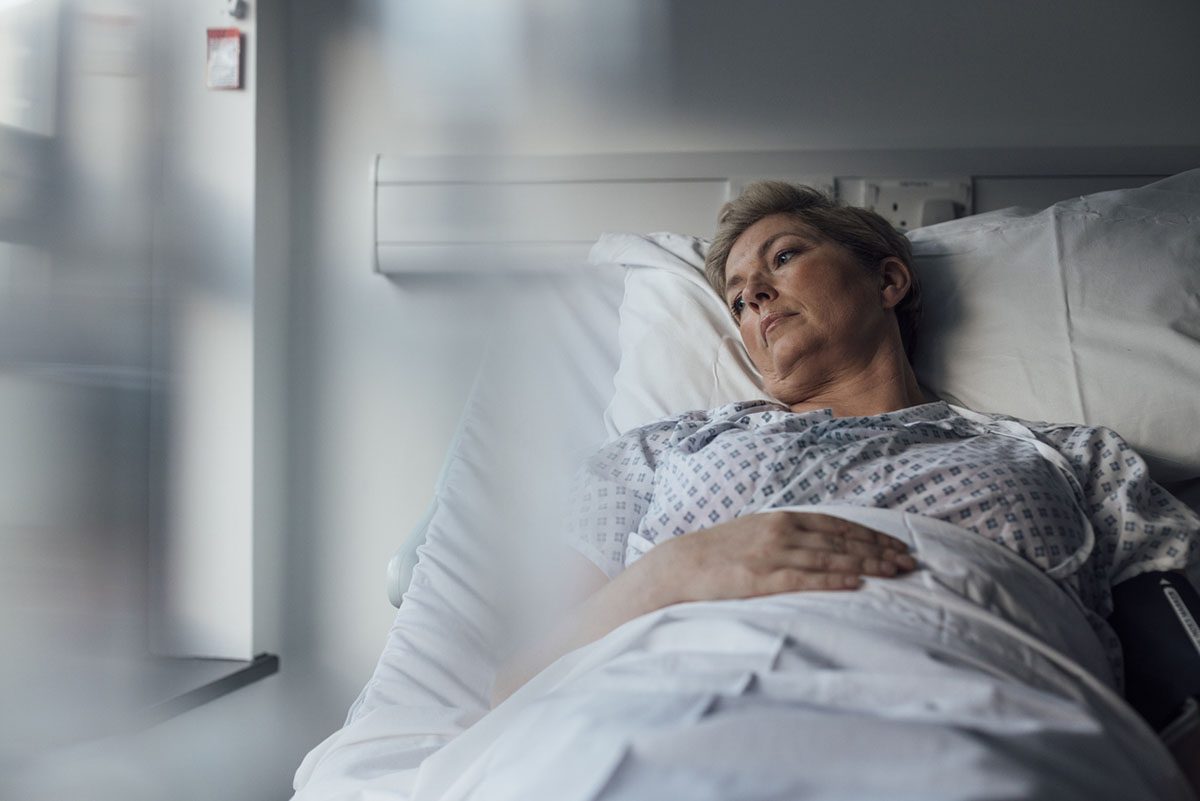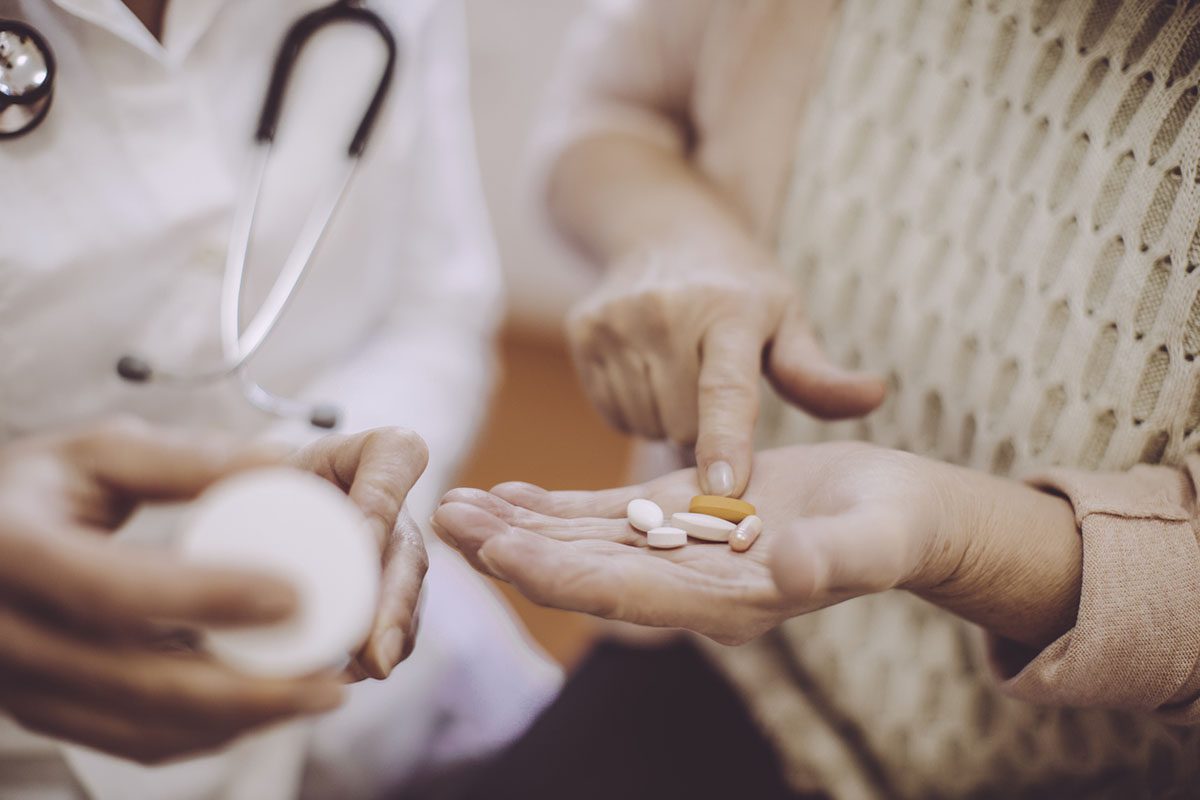aDepartment of Psychiatry and Health Behavior, Medical College of Georgia, Augusta University, Augusta, Georgia
*Corresponding author: C. Simon Sebastian, MD, Department of Psychiatry and Health Behavior, Medical College of Georgia, Augusta University, 997 Saint Sebastian Way, Augusta, GA 30912 ([email protected]).
Prim Care Companion CNS Disord 2021;23(2):20l02715
To cite: Sebastian CS. A case of influenza vaccine–induced bipolar depression treated with celecoxib. Prim Care Companion CNS Disord. 2021;23(2):20l02715.
To share: https://doi.org/10.4088/PCC.20l02715
© Copyright 2021 Physicians Postgraduate Press, Inc.
There is increasing evidence that immunologic processes are involved in the pathophysiology of bipolar disorder.1 Greater increases in circulating plasma interleukin-6 1 day after seasonal influenza vaccination have been reported to be associated with greater mood disturbance on post-vaccine days in healthy volunteers, specifically depressed mood and cognitive symptoms.2
Here, a case report is presented of a patient who experienced a sudden relapse of bipolar depression within a few hours of receiving seasonal influenza vaccination.
Case Report
A 49-year-old white woman who has a history of bipolar depression well controlled on her regimen of medications, which included buspirone 15 mg twice/d, lurasidone 20 mg/d, oxcarbazepine 300 mg twice/day, trazodone 50 mg at bedtime, and lisdexamfetamine 30 mg in the morning (for comorbid attention-deficit/hyperactivity disorder), was seen for a routine follow-up visit. At that time, her depression was in full remission, and she had scored 0 on the 9-item Patient Health Questionnaire (PHQ-9).3
Two weeks later, she returned to the clinic for an urgent, unscheduled visit due to escalating depression, which was rated as 18/27 on the PHQ-9 (a score of 15–19 is considered moderately severe). She said that a week earlier, she had received a seasonal flu vaccine injection and within a couple of hours started feeling depressed and became tearful. These symptoms were followed a couple of days later with aches and pains, which escalated over the subsequent days. She complained of joint pain, burning pains in her small joints, and myalgia. She rated her pain as 6/10. She also noticed ringing in her ears for the previous 2 days.
We discussed the possibility that her depression might be a reaction to the flu vaccine. On the assumption that her relapse of depression was related to an immune response, we agreed to a trial of celecoxib 200 mg twice/d, and she was asked to return in a week if her condition did not improve.
She returned to the clinic 8 weeks later for a previously scheduled appointment and reported having experienced a dramatic response to celecoxib. Her depression had remitted rapidly, and she scored 0/27 on the PHQ-9. She reported an additional benefit of improved interpersonal interactions.
Discussion
This patient experienced a rapid relapse of her bipolar depression within a couple of hours after receiving a seasonal flu vaccine injection. Her depression resolved when treated with celecoxib, and she continues to feel better on celecoxib. This case seems to be consistent with a recent report of celecoxib improving treatment-resistant bipolar depression.4 According to the Centers for Disease Control and Prevention, flu vaccination coverage among adults ≥ 18 years for the 2018–2019 season was 45.3%, an increase of 8.2 percentage points from the 2017–2018 flu season.5
As we approach the next flu season, we can expect a higher rate of participation in receiving vaccinations, given the current heightened concern about the coronavirus disease 2019 pandemic. Should our bipolar patients experience vaccination-induced relapse of depression, adding celecoxib to their treatment regimen could be helpful.
Published online: March 25, 2021.
Potential conflicts of interest: None.
Funding/support: None.
Patient consent: Consent was received from the patient to publish this case report, and the information has been de-identified to protect anonymity.
References (5)

- Muneer A. Bipolar disorder: role of inflammation and the development of disease biomarkers. Psychiatry Investig. 2016;13(1):18–33. PubMed CrossRef NLM
- Kuhlman KR, Robles TF, Dooley LN, et al. Within-subject associations between inflammation and features of depression: using the flu vaccine as a mild inflammatory stimulus. Brain Behav Immun. 2018;69:540–547. PubMed CrossRef NLM
- Kroenke K, Spitzer RL, Williams JB. The PHQ-9: validity of a brief depression severity measure. J Gen Intern Med. 2001;16(9):606–613. PubMed CrossRef NLM
- Halaris A, Cantos A, Johnson K, et al. Modulation of the inflammatory response benefits treatment-resistant bipolar depression: a randomized clinical trial. J Affect Disord. 2020;261:145–152. PubMed CrossRef NLM
- Flu Vaccination Coverages, United States, 2018–19 Influenza Season. Centers for Disease Control and Prevention. Published September 26, 2019. https://www.cdc.gov/flu/fluvaxview/coverage-1819estimates.htm
Enjoy this premium PDF as part of your membership benefits!





